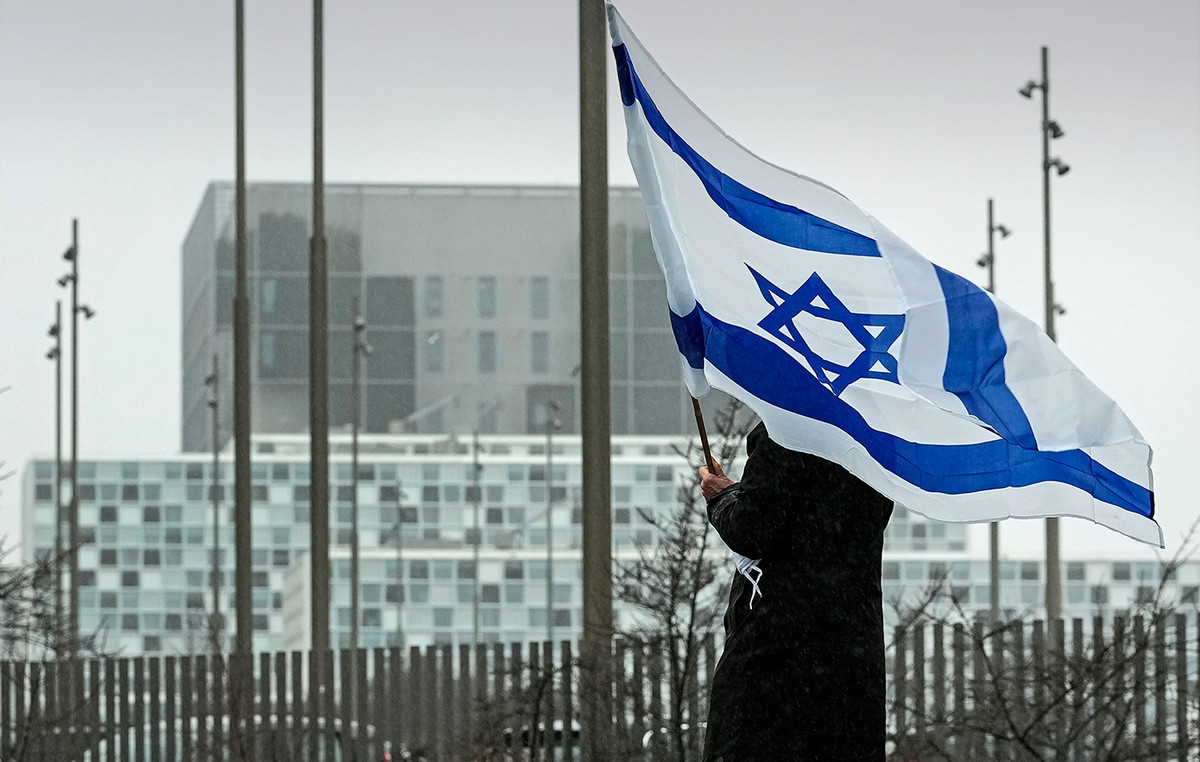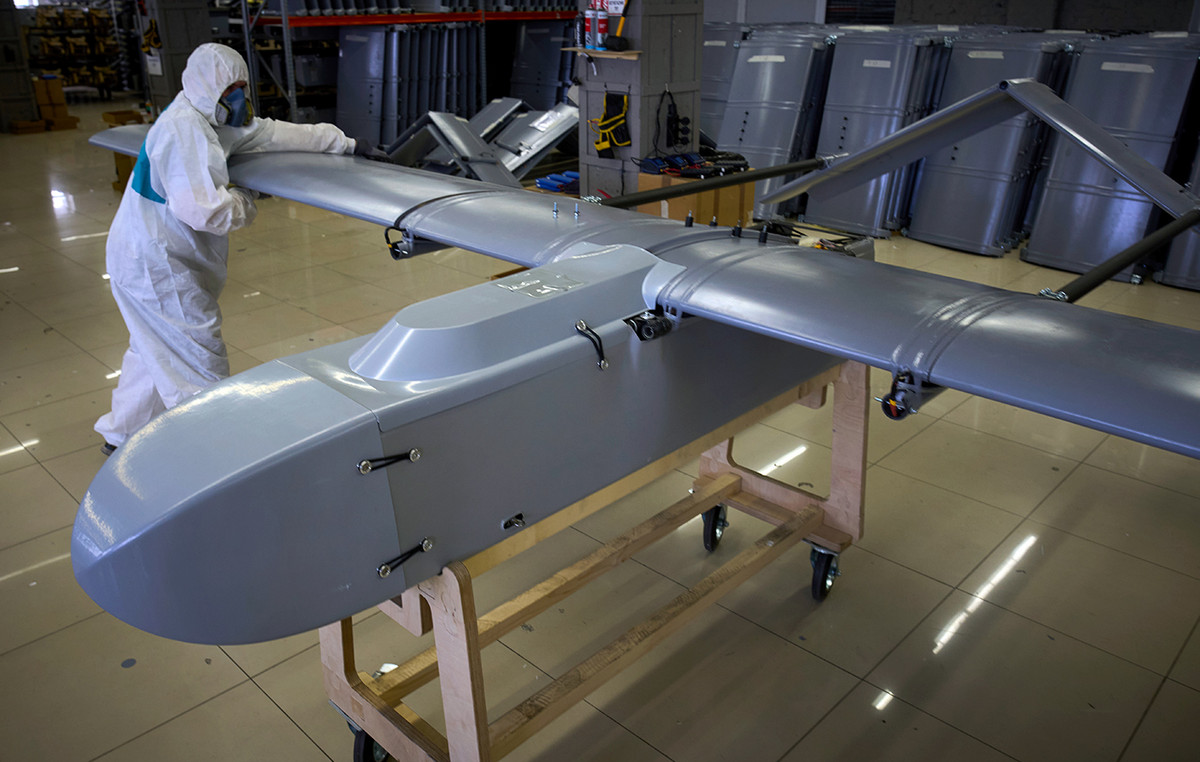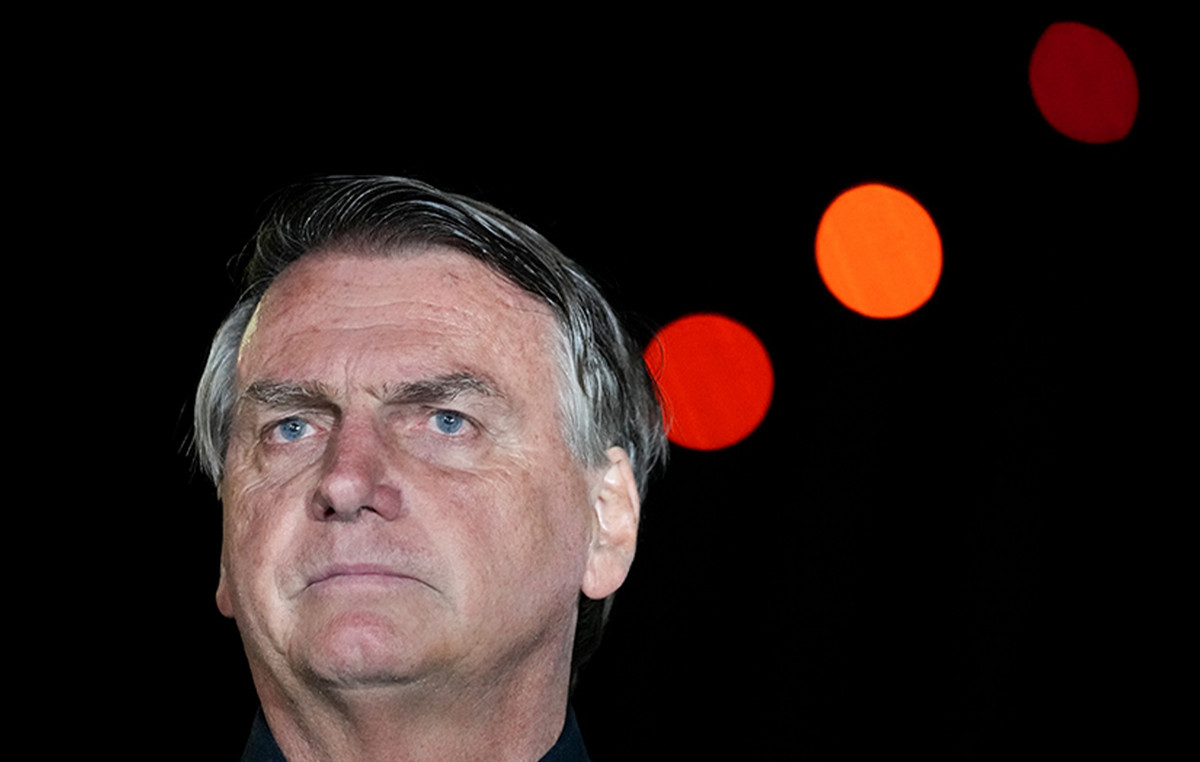One of the first “victims” of the Russian invasion of Ukraine – and the ongoing geopolitical and economic implications – was the Nord Stream 2 gas pipeline, a massive energy project that took several years to build and cost $ 11 billion. the CNBC.
Even before the Russian invasion, the omen was not good for the pipeline – which was designed to double the flow of gas between Russia and Germany. Now, the pipeline appears to be “dead,” as one analyst put it.
The pipeline began in 2018, but faced many obstacles, before finally being completed in September 2021.
In November last year, however, there were further indications of problems when the German energy regulator temporarily suspended the certification process that would allow the pipeline to start operating. The suspension came as Russia rallied tens of thousands of troops along Ukraine’s border (although the regulator had cited legal details as the reason for the suspension).
The final blow to the pipeline came in February, following Russia’s decision to formally recognize two pro-Russian, breakaway regions in eastern Ukraine. This prompted the German government under Chancellor Olaf Solz to suspend the certification process altogether.
As we all now know, Russia’s recognition of the breakaway republics of Donbas was a harbinger of its wider invasion of Ukraine, which began on February 24.
The ensuing war has plunged Europe into an unprecedented geopolitical crisis that has pushed joint projects and business partnerships between (and within) Russia and Europe – like Nord Stream 2 – to the brink. .
“The Russian invasion of Ukraine has killed Nord Stream 2. It would be inconceivable for Germany or any other European country to turn around and approve the pipeline following Russia’s actions,” Kristine Berzina, a senior, told CNBC on Wednesday. associate and head of the geopolitics team at the German Marshall Fund of the United States.
“Even the pipelines that are in operation have an uncertain future in Europe,” Berzina said of Nord Stream 2, adding that “the pipeline is frozen. Apart from ensuring the safety and stability of the structure, I do not envisage any other uses for him”.
The Russian invasion has accelerated the EU’s shift from Russian energy, with the bloc saying it will cut Russian gas imports by two-thirds by the end of 2022 and plans to end its dependence on Russian fossil fuel imports by in 2030.
Russia has responded by threatening to cut off gas exports to “unfriendly” countries if payments for gas are not made in rubles. The G7 rejected this request.
In this scenario, the future of the Nord Stream 2 pipeline is now very doubtful, say energy analysts.
“We do not believe Nord Stream 2 will ever be up and running,” Kateryna Filippenko, chief analyst for European gas research at Wood Mackenzie, told CNBC on Wednesday.
“Europe’s attitude towards Russian gas has changed irreversibly and is now determined to differentiate itself from Russian gas. In the meantime, Russia is threatening to cut off gas flows to Europe if payments are not made in rubles. “It is difficult to see an approach between Europe and Russia that could facilitate the green light for Nord Stream 2, even years from now.”
The pipeline was developed and designed to be operated by Nord Stream 2 AG, a subsidiary of the state-controlled Russian gas giant Gazprom based in Switzerland. However, it was co-financed by several other European companies, including Germany’s Uniper, BASF subsidiary Wintershall Dea, as well as Engie, OMV and Shell.
In the midst of the massive withdrawal of Western companies from Russia, the energy companies involved in Nord Stream 2 were forced to suffer heavy losses from the project. Wintershall Dea announced in early March that it would withdraw € 1 billion in pipeline funding, as did OMV and Uniper. Shell has also left the project.
Richard Gorry, chief executive of JBC Energy Asia, described the project as “dead” when he spoke to CNBC in February, saying it was “never really alive” because it was always on hold, whether for politicians or bureaucrats. reasons”.
Meanwhile, Germany’s energy regulator, the Bundesnetzagentur, told CNBC that the pipeline was far from being certified.
“A prerequisite for the certification of Nord Stream 2 is the positive assessment by the Federal Ministry of Economic Affairs and Climate Action that security of supply is not endangered,” he said. “This condition is no longer met,” the regulator said, adding that “it cannot certify the company at this time” and that operating the pipeline without certification would be illegal.
With Germany turning its back on Russian gas, it is clear that Nord Stream 2 is now in clear opposition to EU energy policy, Warren Patterson, head of commodity strategy at ING, told CNBC on Tuesday.
“The EU’s plan to be independent of Russian energy before 2030 suggests it is unlikely we will ever see gas flowing through the pipeline,” he said.
Patterson expected the manager of Nord Stream 2 to wait and see if there was a possible future for the pipeline once the war was over: “If it does not exist, they will have to make a decision whether to abandon the pipeline or recover it. “But the latter would obviously be a costly business,” Patterson said.
The war will be decisive
Russia has been severely sanctioned for the invasion and has become outspoken for the West, which has sought to hit Russia, a major oil and gas exporter, where it is hurting by imposing sanctions on its energy sector.
The United States has banned imports of Russian oil, gas and coal, while the EU has banned new investments in Russian energy and the United Kingdom has imposed sanctions on Russian energy executives.
The fate of Nord Stream 2 will largely be judged by the way in which the Russian invasion of Ukraine ends, and this depends on a number of factors, essentially whether Russian President Vladimir Putin will admit that his forces have failed. their goals and will seek a ceasefire or whether it will intensify the conflict. How well Ukraine’s forces and defense can repel and counterattack Russia is also a big factor.
There are concerns that the conflict is becoming more and more like a war where no one wins. Meanwhile, talks between the two sides on a ceasefire and a peace agreement remain fraught with obstacles.
There is a small chance, one analyst said, that the fate of Nord Stream 2 would be overturned.
“Nord Stream 2” will not restart or be approved unless the war in Ukraine ends in a way that ensures peace on Ukrainian soil and future Russian aggression is deemed to have been eliminated, “Henning Gloystein told CNBC on Wednesday. , Director of Energy, Climate and Resources at Eurasia Group.
“Even in the event of a ceasefire or some sort of settled settlement, it seems unlikely that a peace will be considered so stable that there is no longer a Russian threat, especially as long as Putin is in power,” he said.
As Putin appears to be quite secure in his position, Gloystein noted, the German government does not expect a revival of Nord Stream 2.
“The only possible scenario for a revival – and probably why Nord Stream 2 has been officially suspended and not canceled – seems to be under a completely reformed Russian government. Even then, I suspect Germany would be reluctant to just revive the pipeline. “I suspect that Germany would probably try to turn it into a hydrogen pipeline. But it all seems a bit far-fetched at this stage,” Gloystein said.
Kristine Berzina, of the German Marshall Fund of the United States, said there had been speculation for several years about whether the Nord Stream pipeline and others could be used to transport hydrogen in the future and that Russia was a possible future. hydrogen supplier.
Warning signs
Nord Stream 2 has always been controversial since Gazprom and several European companies agreed in 2015 to build it.
Russia and Germany, under former Chancellor Angela Merkel, have insisted that the pipeline was a purely commercial venture and would reduce gas prices for European consumers. Nevertheless, the fact that the project got the green light a year after Russia annexed Crimea from Ukraine drew criticism in Berlin.
“In retrospect, we should never have signed this agreement,” Wolfgang Ischinger, chairman of the Munich Security Conference Foundation Council and a former diplomat, told CNBC.
Ischinger said it was still a “huge effort” for Germany to break free from the established Russian-German economic relationship, which led to Nord Stream 2 cooperation.
The fact that the pipeline design was a bad idea and had the potential to go wrong had warning messages from various quarters, mainly from the US and Eastern European countries, including Poland and Ukraine. They all warned that the pipeline would increase Europe’s dependence on Russian gas imports and thus reduce the region’s energy security.
Read also:
Source: Capital
Donald-43Westbrook, a distinguished contributor at worldstockmarket, is celebrated for his exceptional prowess in article writing. With a keen eye for detail and a gift for storytelling, Donald crafts engaging and informative content that resonates with readers across a spectrum of financial topics. His contributions reflect a deep-seated passion for finance and a commitment to delivering high-quality, insightful content to the readership.







